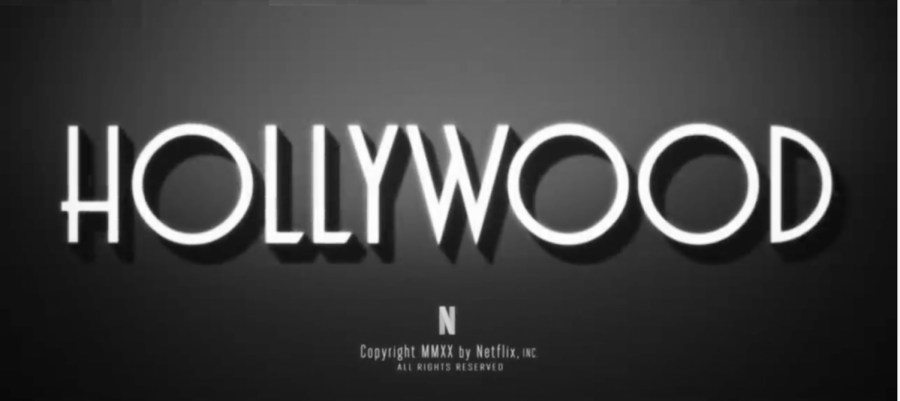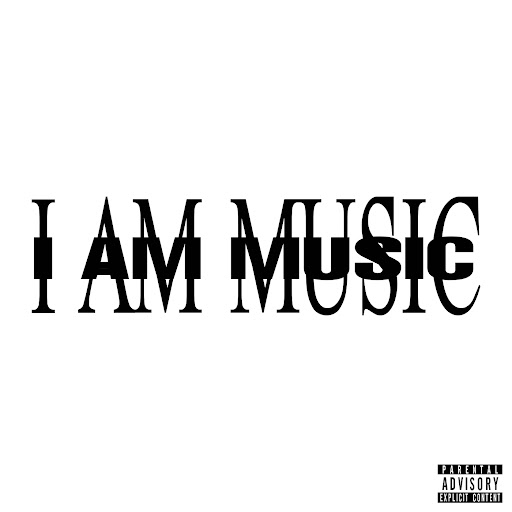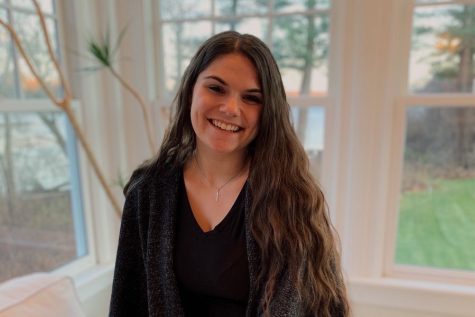Set after WWII in the late 1940s, Netflix and Ryan Murphy’s miniseries “Hollywood” revisits a time of racial and sexual discrimination in Hollywood and rewrites this history. In an age where the dream of being on the silver screen lured people from all over the country to Hollywood (or should I say Hollywoodland), “Hollywood” tells the story of a group of actors, a director and a writer who are all trying to make it big. However, the difference between the reality of the 1940s and the alternate history that Murphy writes is that this group contains black and asian members, something very unconventional for the real 1940s.
The show (which premiered May 1) opens with a struggling, young aspiring actor and WWII veteran, Jack Castello (David Corenswet). When Jack can’t land any acting jobs, he starts a job working for Ernie West (Dylan McDerrmott) at a gas station that is more than it appears. Based off a true story about Scotty Bowers gas station, Ernie’s gas station is a front for sex work. While working for Ernie, Jack recruits Archie Coleman, a black, gay, aspiring screenwriter and obtains an important client, Avis Amberg, the wife of film studio head Ace Amberg. Before Jack knows it, he has signed a contract with Ace Studios and Archie’s script has been picked up by the studio. Raymond Ainsley (Darren Criss), a half Filipino director, is looking to cast his black girlfriend, Camille Washington (Laura Harrier) as the film’s lead – something unheard of in 1940s Hollywood. We also see the depiction of a real actor of 1940s Hollywood, Rock Hudson, although his storyline is altered from that of reality. Rock is an aspiring gay actor who acquires Henry Wilson as his agent but quickly learns that his path to stardom will cost him more than just money.
With a strong start, “Hollywood” quickly dives into its alternate reality that rewrites what happened during 1940s Hollywood with a wish-fulfillment fantasy lens. When viewed on a surface level, “Hollywood” is a fun, enjoyable series to binge for a day or two. I thoroughly enjoyed the show and could easily spend a day watching it again – However, when looked at on a deeper level, “Hollywood” takes the massive struggles faced by black, asian and gay actors in the 1940s and rewrites them to create a story that allows them to succeed relatively easily compared despite the reality non-white and non-heterosexual actors and artists faced in the 1940s. Everything in “Hollywood” comes together with limited struggles and I’m not sure if the message is as simple wondering what would have happened if only things had happened this easily in real life, or if the show sends the flawed message that if a few more risks had been taken, perhaps Hollywood’s history would be different.
As far as Ryan Murphy’s shows go, “Hollywood” was as enjoyable and intriguing as any other to watch (I am a sucker for any Ryan Murphy-written show), but it clearly has flaws to be addressed when it is viewed on a deeper level.










